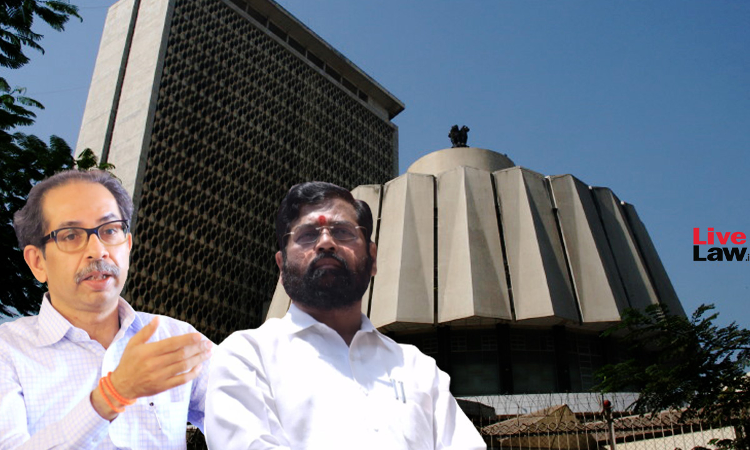Shiv Sena Case | Election Commission's Decision Lacks Logic, Encourages Defection : PDT Achary
Manu Sebastian
21 Feb 2023 4:16 PM IST

Next Story
21 Feb 2023 4:16 PM IST
The Election Commission of India's decision to recognise Eknath Shinde's group as the official Shiv Sena lacks logic, opined PDT Achary, former Secretary General of Lok Sabha."When we analyse the Election Commission's decision, we feel that there is a lack of logic in it. Also there is a non-adherence to the criteria laid down by the Supreme Court in Sadiq Ali case", Achary said in an...
